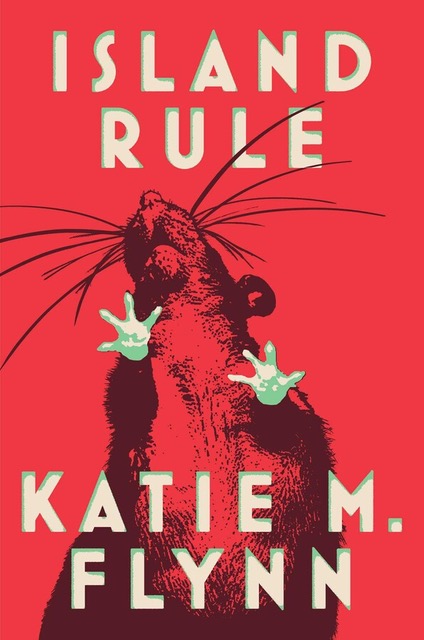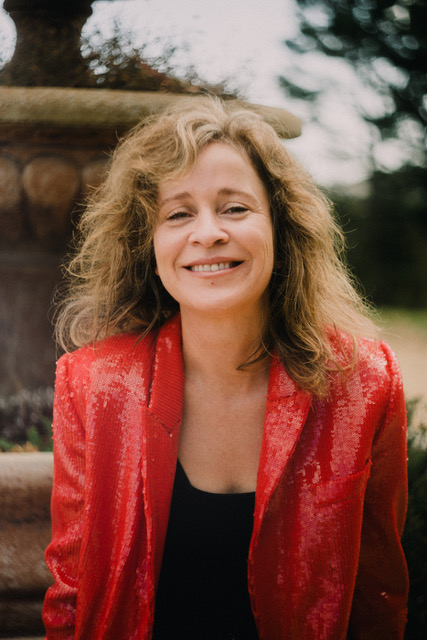
The warmest of wishes to Katie M. Flynn, a previous s[r] contributor, on the recent publication of her short story collection, Island Rule! The book was published with Scout Press, and is available for purchase now wherever books are sold.
We were delighted to her that an expanded version of the story “Bury the Bird,” which was published in Superstition Review Issue 17, appears in her collection as “Disaster Kids.”
In twelve interconnected stories, Katie M. Flynn weaves the myth and pathos of contemporary America, bringing her imaginative foresight to a world in which people, places, and even animals are not always what they seem. From the seismic wealth gaps of California to the potential jeopardy of a Minnesota mortuary-turned-playground, Island Rule is about the mysterious ways we’re connected without suspecting it, about growth following decay, and about how we are shaped by and shape the world we live in – a world where humans behave like animals, and animals make their presence known. Pygmy rabbits, whales, rats, and birds change the course of the lives of libidinous college students, self-righteous joggers, and fighting sisters.
Island Rule has already received glowing reviews:
“This short-story collection mixes the mundane and the bizarre with an authority stemming from its concrete sense of place . . . the overall effect is appealingly weird, as if the uncanny valley took literary form. A compelling exercise in worldbuilding and genre blending that toggles among the recent past, present, and near future.”
Kirkus Reviews
“A wonderfully eerie collection, Island Rule haunts and delights. Flynn’s writing is taut and teeming, making a world of bone mounds and monsters as alarmingly real as teenage angst and midlife crises . . . Island Rule revels in exploring darkness at the edges of our world, and what happens when we invite it in.”
Erika Swyler, author of The Light from Other Stars
“Flynn has been compared to the likes of Jennifer Egan and Karen Russell, but her voice is unmistakably original.”
Nob Hill Gazette

Katie M. Flynn is a writer, editor, and educator based in San Francisco. Her short fiction has appeared in the San Francisco Chronicle, Tin House, and Tor.com, among other publications. She has been awarded Colorado Review’s Nelligan Prize for Short Fiction, a fellowship from the San Francisco Writers Grotto, and the Steinbeck Fellowship in Creative Writing. Katie holds an MFA from the University of San Francisco and an MA in Geography from UCLA. Her first novel, The Companions, was published in March 2020, and her interconnected collection of short stories, Island Rule, came out March 2024 with Scout Press/Gallery Books. You can find out more about Katie at katiemflynn.com.
.
